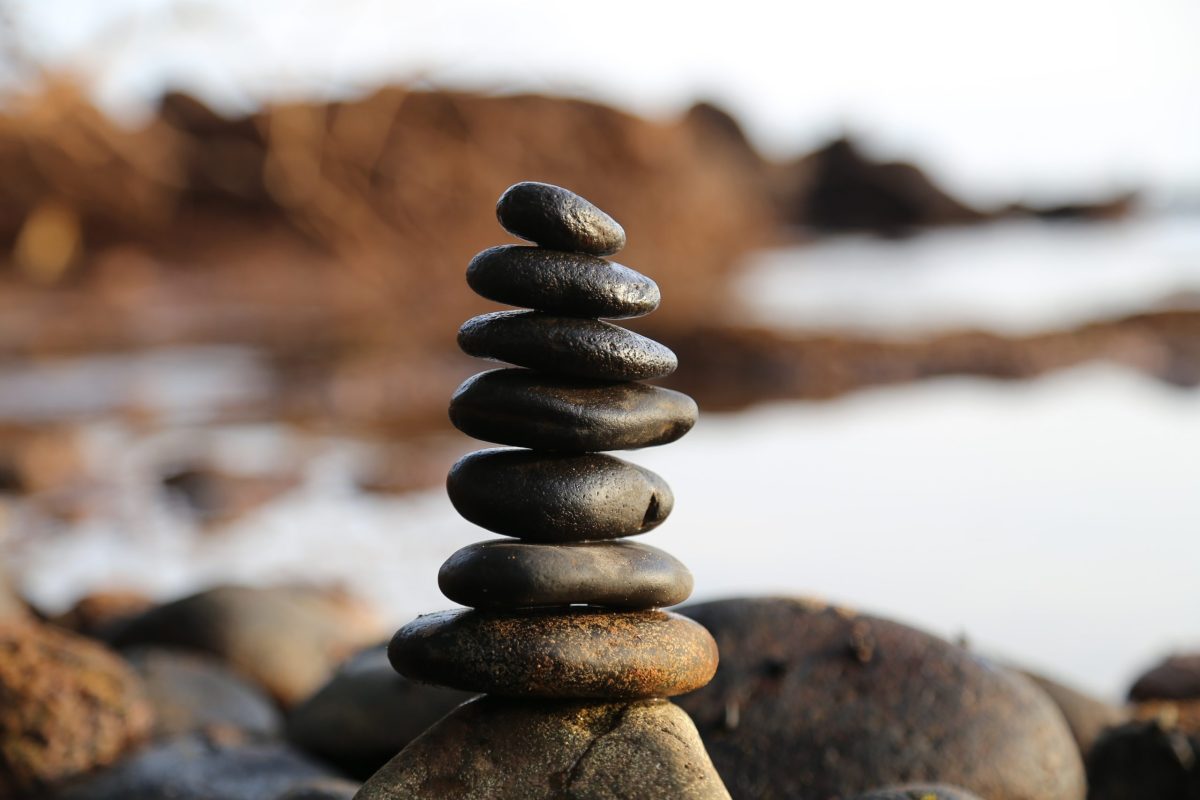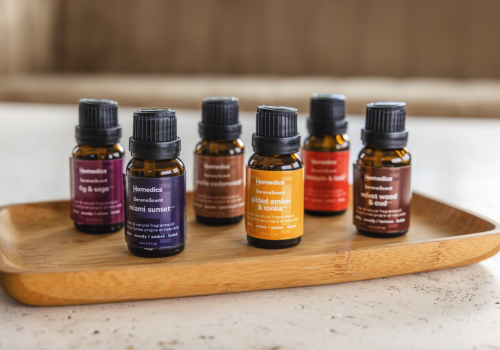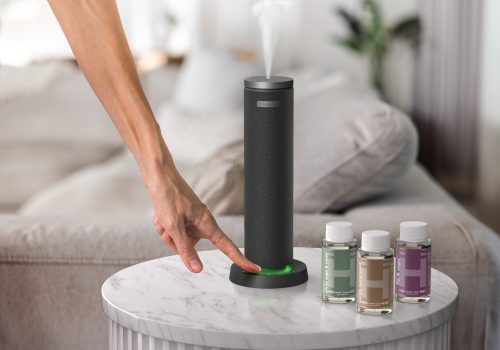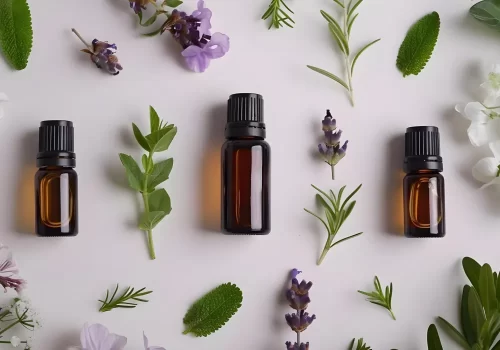Ways to Relax Your Mind and Body
Every day it’s something new: bills that need to be paid, kids that need help with homework and rides to practice, friends who want to make plans. And, of course, you couldn’t forget about that ever-growing to-do list of your tasks and chores.
You need some time to relax.
Fortunately, you don’t need to schedule a full evening on your calendar to give yourself a few minutes of deep relaxation and feel its restorative benefits. Exploring ways to relax your mind, even for a short period, can help you alleviate stress and enhance your overall well-being.
Here are some tips for relaxing, whether you have a whole weekend away or just five minutes between events.
The Importance of Relaxing
How many times have you felt overwhelmed by the hundreds of thoughts occupying space in your brain? It can make it hard to think clearly and make the best decisions in important situations.
When your body is constantly dealing with tension or stuck in fight or flight mode for extended periods, it can cause stress and other negative effects on your mood, your energy levels, and your overall well-being. Not only is this distracting when you’re trying to focus, but it’s unhealthy. Incorporating practices like mindfulness meditation can help you manage negative thoughts and mental stress, allowing you to cultivate a calmer and more balanced state of mind.
Calming your nervous system’s stress response is important to your overall well-being. When you pay attention to your mood, energy levels, and body, you’ll begin to notice the tension that contributes to stress and anxiety. Then, you can try some simple ways to relax and promote stress reduction.
Relaxation Techniques: The Best Ways to Relax Your Mind and Body
Sometimes, taking a nap is exactly what you need. But relaxing isn’t always the same as falling asleep.
Relaxation can take many forms, including meditation, breathing exercises, and any activity that helps reduce stress and anxiety.
Try these effective relaxation techniques for your body, your brain, and your overall well-being.
Use Breathing Exercises
First and foremost, relaxation should be about relieving yourself of thinking about as much as possible. Clear your mind of worries and responsibilities and simply allow your body to relax, which can have a positive impact on your mental health.
Breathing exercises are designed to help you do just that. By focusing on your breathing, you center your thoughts on your body and not what’s causing you stress. Deep breathing techniques can be a valuable tool in managing stress and promoting a sense of calmness and tranquility in your daily life.
Popular breathing exercises include:
- 4-7-8 breathing
- Paced breathing
- Box breathing
- Diaphragmatic breathing
- Alternate nostril breathing
To relax using a simple focused breathing exercise, find a comfortable position in a chair or in bed and begin to pay attention to the rhythm of your breathing.
Letting distractions in is fine, as long as you don’t let stressful thoughts stick around. When that happens, gently bring your attention back to your breathing.
Write Down Your Thoughts: Journaling and Free Writing
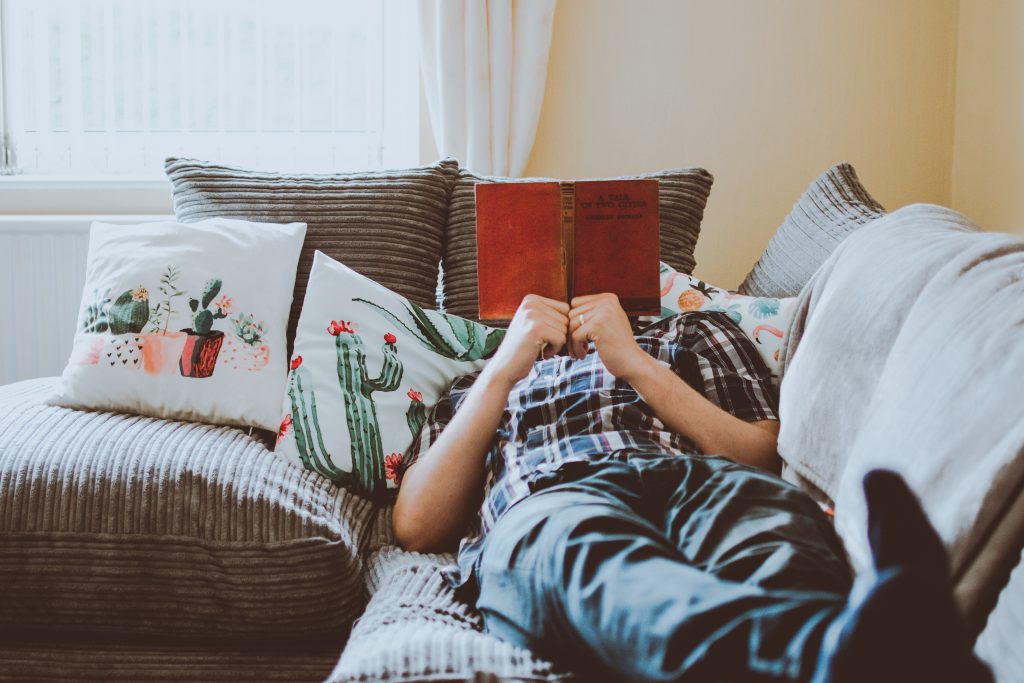
Journaling, keeping a diary, and free writing are all popular ways of clearing your head by literally and metaphorically moving thoughts from your brain onto a piece of paper.
Writing down your thoughts is an opportunity to release some of the clutter that’s bouncing around in your head all day, acknowledge it by giving it form, and let it stay there on the paper or put it somewhere useful.
For example, you could write down all the thoughts that keep nagging you and put each one where it belongs: a to-do list, your calendar, your notebook of inspiration, or a sticky note on the refrigerator. That way, they’re no longer bothering you when you’re trying to relax; instead, they’re waiting for you in the place where you’ll actually act on them.
Daily journaling is also simply a great way to relax. It can help you acknowledge your experiences and how they made you feel, aiding in stress management and promoting a sense of calm. There’s no one to judge what you’re writing, so you can be as free as you’d like with your thoughts, allowing yourself a space to reflect and unwind.
Release Physical Tension with Heat
Physical tension builds up as you go through your daily activities and, before you know it, it can leave you feeling stressed or sore.
A heated foot bath can be an excellent way to help you release physical tension throughout your body. Warm baths soothe and relax tired muscles, and you can add calming or invigorating essential oils to your foot bath.
Use a bubbling or massaging foot bath with heat for added comfort, and let your muscles relax and repair as you enjoy the warm water and gentle massage.
Do a Body Scan to Relax
A body scan is a type of mindfulness activity that focuses on connecting your physical and mental well-being by spending time focusing on each part of your body.
To do a body scan, find a comfortable position in a peaceful place and begin paying attention to yourself and the environment around you. Then, start steadying your breathing so that you’re taking slow, deep breaths. You can close your eyes or keep them open.
Start the scan at your feet, feeling the way your toes and heels touch the floor, your shoes, or the bed, depending on whether you’re standing, sitting, or lying. Next, move on to your legs. Pay attention to the feeling in your legs, where you feel pressure, and where you don’t. If you’re sitting, you’ll notice where your thighs touch the seat and how your knees bend as your feet rest on the floor.
Move on to your back, your stomach, your chest, and your shoulders. Take time to notice your arms and hands. End at your head, noticing any tension in your face and letting it slip away.
Practice Muscle Relaxation
Progressive relaxation therapy—squeezing and relaxing individual muscles—can be a great form of stress reduction and, if you exercise regularly, a valuable part of your rest day routine.
To do this relaxation technique, focus on one small muscle group after another. Concentrate on flexing that muscle group for a few seconds and then release it. By doing this, you can improve your mind-body connection and help each muscle relax.
Try Massage Therapy for Relaxation
Massage therapy might be just what you need to relax deeply and let go of all of that built-up tension in your muscles. Not only does a massage feel great, but it can also help reduce the inflammation that can limit your range of motion.
And the best part is that you don’t have to book a costly professional massage. Instead, use a handheld percussion massager to penetrate deep into knotted muscle tissue and release tension.
You can also use a back massager to get the relaxing benefits of a Shiatsu massage at home. Whether you choose a whole-back massage pad or a portable massage cushion, your body will thank you for giving it the time to recover.
Do Yoga, Tai Chi, or Qigong
Several techniques you might at first think of as exercise can also help you relax your body.
Yoga includes a wide range of positions and activities that can make you sweat, but there’s also a whole category of yoga dedicated to mindfulness and relaxation.
Tai chi and qigong are low-impact forms of exercise that you can do with no equipment. These gentle activities can help you quiet your mind as you focus on stretching your muscles and connecting with your body.
Connect With Nature
You don’t have to venture out on a hike to enjoy the relaxing effects of nature. Simply walking outside and letting the sun hit your face can help you feel more relaxed and even offer some inspiration if you’re stuck on a problem. In a study in the International Journal of Environmental Research and Public Health, viewing natural scenes helped participants recover from stress better than viewing human-built scenes.
Taking just 5 minutes to step outside, breathe in the fresh air, and focus on the present moment can significantly contribute to easing negative thoughts and cultivating a sense of calm and well-being.
These are just some of the fun and fascinating ways to relax in nature:
- Birdwatching
- Sitting at a park
- Playing with your pet in the yard
- Painting or sketching landscapes
- Taking nature photographs
- Swimming
- Stargazing
- Gardening
Of course, there’s nothing quite like the most relaxing natural scene of them all: the beach. If you can, grab a blanket, your sunglasses, and a good book and relax on the sand (or even a riverbank) with the calming sound of the water in the background.
Do What You Enjoy
When you’ve made time to relax, you don’t have to plan an elaborate bubble bath, complete with tapered candles, ambient music, and a glass of chardonnay (although feel free to indulge!).
Instead, simply do what you enjoy. Have fun with your favorite hobby—watch a good movie, read a book, paint a model car, work on a jigsaw puzzle, code an app, ride your bike, work with your hands, or simply spend time with your family and friends.
Visualize What Makes You Happy
Teachers might’ve called it daydreaming when you were young, but visualization—or guided imagery—is a powerful form of mindfulness that can help you see your goals more clearly. You can also use it as a simple way to relax and enjoy your happiest memories or imagine your most anticipated experiences.
Enjoy a Change of Scenery
It can be difficult to truly relax when you’re surrounded by reminders of work, chores that need to be done, and other responsibilities. Getting away from it all for a few hours or a few days gives your brain a chance to enjoy new experiences and block out stressors more completely.
Do Meditation for Relaxation
There are many forms of meditation to choose from, and just about all of them can help you relax. Whether you close your eyes and meditate in silence or you use soothing music to center your thoughts, try meditating to relax your mind and body at the same time.
If you’re new to the practice, using an app or online guided meditations can help you learn how to quiet your mind and let yourself relax more deeply.
The Health Benefits of Relaxing
When your body is relaxed, you give it time to recover from the stress and exertion you put it through doing daily activities, playing sports, exercising, and dealing with injuries and illnesses.
Relaxing helps slow down your heart rate. In a study in the Clinical Journal of Sport Medicine, relaxation in combination with exercise decreased participants’ blood pressure.
Proper relaxation also gives you an opportunity to practice mindfulness, which can help prepare you to deal with stressful situations in the future.
By practicing relaxation techniques, you can also slow down your racing thoughts, free your mind of some of your worries, and begin to think more clearly. That’s why relaxation and mindfulness can be valuable when you’re facing important decisions. And if you have difficulty falling asleep, try using relaxation techniques as part of your bedtime routine.
Relaxing your mind and focusing your attention on the present moment may help you gain a more positive perspective, even when you feel stressed.
When you have what seems like a mountain of work to do, relaxing might seem like the last thing you have time for. But it might be just what you need to refresh yourself and get back to it stronger than before.
The Risks of Not Relaxing Enough

When you don’t let your body and mind relax, you put yourself at risk for things like burnout, feelings of stress and anxiety, and physical injuries. Persistent stress and negative thoughts can lead to the release of stress hormones, further elevating your stress level and potentially impacting your mental and physical well-being.
It’s crucial that you take breaks to relax when you’re working and dealing with responsibilities so that you don’t become overwhelmed. Relaxation can help you feel more energized—that’s important when you’re working to accomplish goals and tackle stressful tasks.
Meanwhile, letting your body relax promotes recovery. Any athlete or coach will stress the importance of recovery to high performance, but that applies to non-athletes, as well. Whether it’s with using a handheld massager or simply taking the time to be mindful, relaxation is a key part of success. Whatever your goals, make sure relaxation is a part of your routine.
Make Relaxation Part of Your Self-Care Routine
Everyone deserves a break. Learning how to relax your mind and body is an important part of taking care of your physical and mental health. Using these techniques, you can help yourself get the proper rest and recovery so you’re better prepared for every new day.
Medical Disclaimer: This content is provided for informational purposes only and not intended to be a substitute for professional medical advice, diagnosis, or treatment.
Sources
- Relaxation Tips – Mind
- Body Scan Meditation – Greater Good in Action
- Aftereffects of Exercise and Relaxation on Blood Pressure: Clinical Journal of Sport Medicine
- Tai chi: A gentle way to fight stress – Mayo Clinic
- Breathing Exercises | American Lung Association
- Autonomic Nervous System Responses to Viewing Green and Built Settings: Differentiating Between Sympathetic and Parasympathetic Activity – PMC

